Several months ago, a PG&E gas main exploded in a San Bruno neighborhood. It happened around 6:15 on an otherwise peaceful Thursday evening. Most families were probably just getting home for dinner. One moment everything was fine, then the next…
The fire burned throughout the night. Four people were killed, but many more were seriously injured. One report says thirty-seven home were destroyed in the blast, although another count has it at fifty-three homes. I can’t even imagine what it would be like to lose everything in a flash.
We live almost forty-five minutes away from the blast, but the smell of it was in the air and the sudden terrifying shock of it was in our hearts.
I probably should have switched off the TV, but I just couldn’t pull myself away from the breaking coverage. My son was, unfortunately, sitting next to me at that moment.
As he climbed into my lap, he asked, “Why is this happening, Mommy?”
All could do was hug him tight and say, “I don’t know, but we should say a prayer for all of those people.”
————————
This weekend, as the devastating images from Japan kept coming, I was once again unable to tear myself away from the news. Every hour, there was more bad news coming as an 8.9 earthquake and a deadly tsunami were followed by a nuclear explosion and aftershocks every twenty minutes.
This time my son asked “Could that happen to us?” I had no choice but the tell him the truth…
Our home in Silicon Valley sits right along the San Andres fault. While it was tempting to sugar-coat my response, earthquakes are very much a REAL and possible threat to us. It could happen at any time.
On the other hand, I didn’t want to my child to fret about something that probably won’t happen. So, what to do?
Speak Honestly and Rationally
Not every child can wrap their mind about something so devastating. My son just happens to be the type of kid who can handle a conversation about earthquakes (see below), but what he really needed was reassurance.
I let him ask as many questions as he wanted. I gave him the facts, careful to temper the fear and worry in my voice, and told him that he would never be alone if something like this happened to us. Someone- either his teachers, my dad, or I- will always be with him and that felt like the right way to frame it.
Use Terms They Can Grasp
There are a lot of things I protect my children from seeing—war footage, political punditry, Charlie Sheen… These are things I am just not prepared to explain to them. Our TV is password-protected to the highest level so I don’t have to.
Plate tectonics, the transfer of energy, and displacement of water, however, happen to be concepts my astute four-year-old can comprehend and I am very equipped to discuss.
Over the weekend, TechSavvyMama wrote a post about Teaching Kids About Earthquakes, Tsunamis, and Japan Through Online Resources and Just Precious compiled a series of link on Earthquakes for Kids.
Both are excellent resource for parents needing to find the words around the unspeakable.
Make It a Learning Opportunity
Every October, the entire state participates in the Great California Shake Out. (In reality, only one out of every five residents actually does.) It’s practice for what to do in the event of an earthquake: “Drop, Cover, and Hold On”
My son’s school makes an big event of it, so he and I simply reviewed what he learned a few months ago: where he and his sister should to duck for cover (“Don’t try to find Mommy and Daddy. I’ll find you. Just grab your sister and get under the coffee table”), call 9-1-1 for help, etc.
Not only is this good preparation, it also shifts the focus from the scary and unknown to something that can be controlled.
Lessons in Gratitude and Giving
I am NOT talking about the disingenuous “better them than us” type of gratitude. I’m talking about a real opportunity to truly appreciate the preciousness of life in this moment.
There are several times, usually when we’re riding in the car, when my son will mention the families affected by the San Bruno fire. He asks to donate his toys or books to “those people who lost everything”. Similarly, this weekend he told me he felt bad for the people in Japan and asked what we could send to them.
Disasters of this scale are reminders of our own humanity. It’s never too early to appreciate what we have and what we can give to others.
Shut Off The TV
I could have been glued to the TV all weekend, but the endless cycle of the images would have only devastated my children further. Instead, we spent the weekend at the Farmer’s Market, playing in the yard, and doing all the things we normally do. The tragedy was out of sight, but not out mind. I just didn’t want it to be the focus of my children’s mind.
Find Your Own Way of Coping
You may thing disagree with my approach and that’s fine. There isn’t a right or wrong way. Each child is unique in terms of awareness, sensitivity, fears, and comprehension. Gauge your response accordingly.
{image credit: usgs.gov}
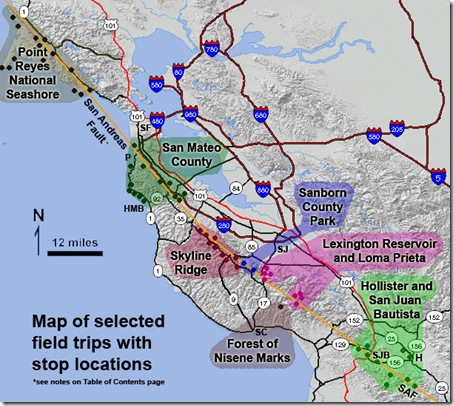
 Follow
Follow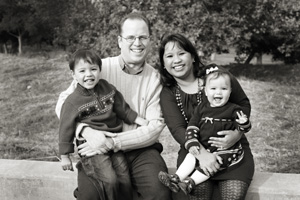

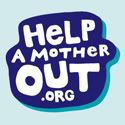


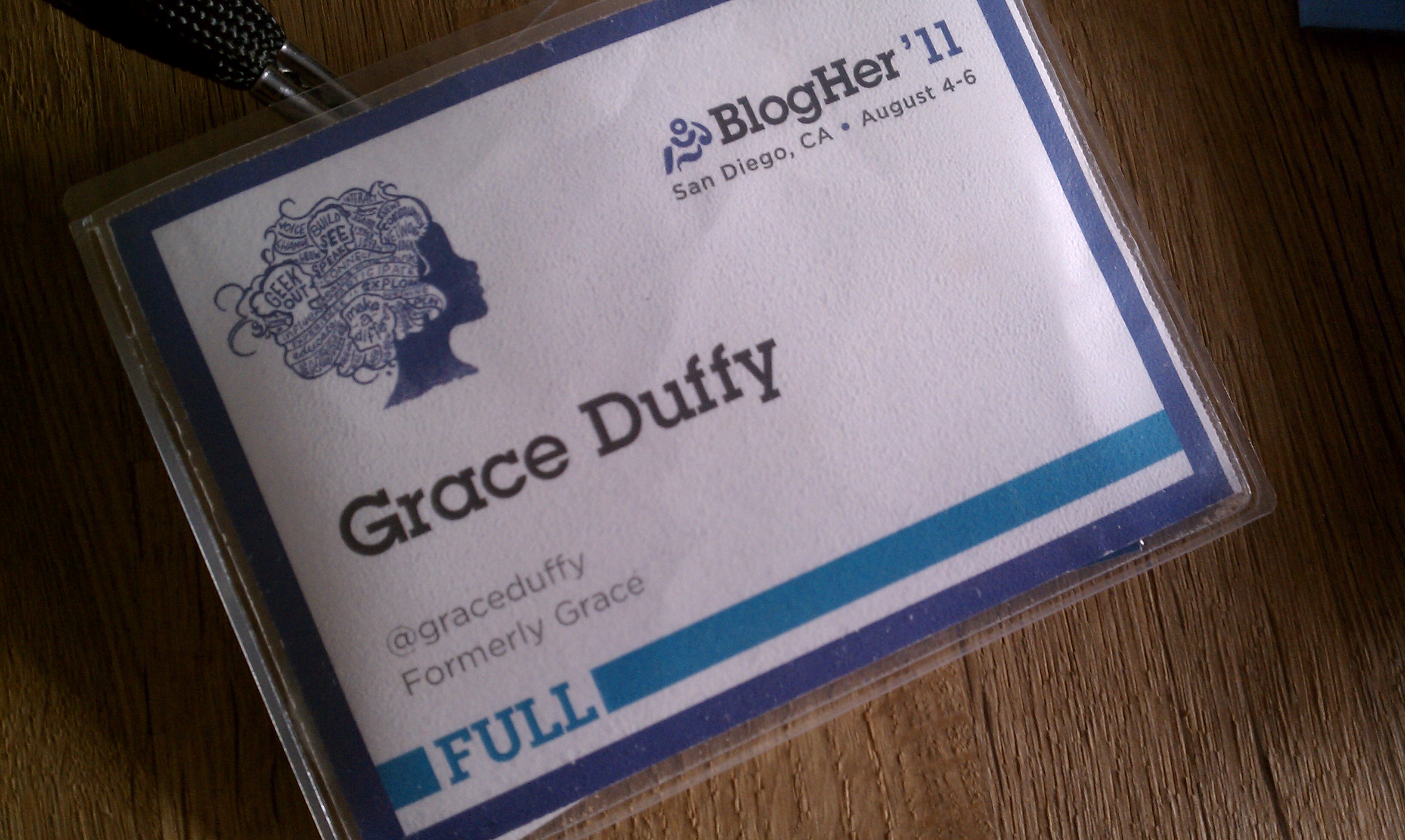




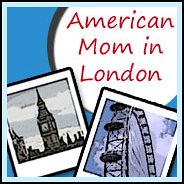











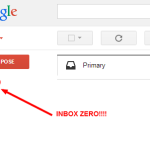



I touched on this in my post today too and my guy is 7 and curious and somewhat concerned. But I know he doesn’t really understand since what is going on is halfway around the world. (and the it’s not EVEN on my 3 yo’s radar…)
We live in south LA so hurricanes are of course our primary concern and where we used to live in TX it was tornadoes! Seems like there is always something to be wary of…
I love some of your tips here and I think the point about being prepared and changing it from scary and unknown to being somewhat in control is a great one!